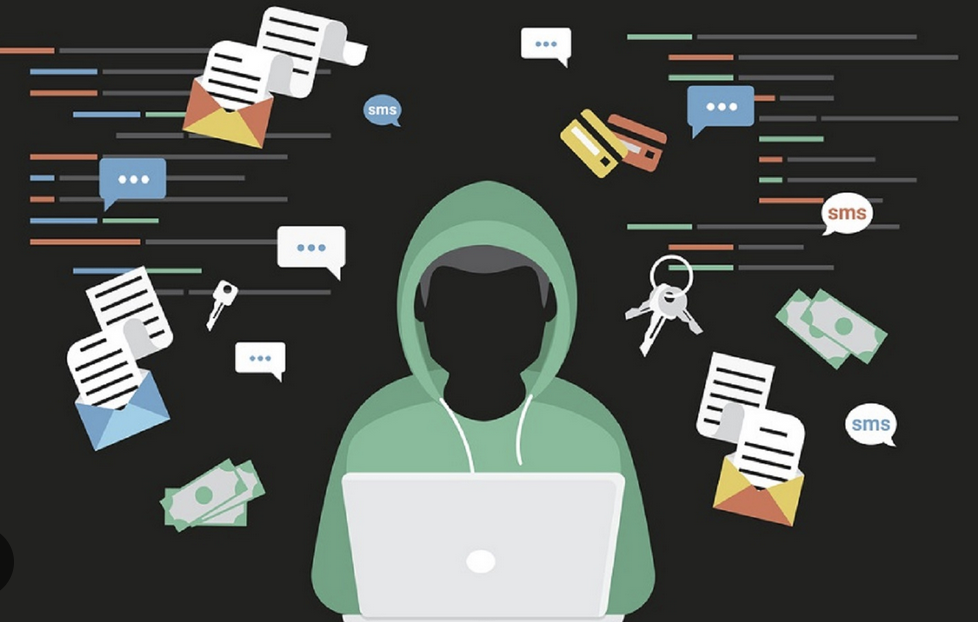Understanding App Permissions and Cybersecurity Risks
Protecting Your Personal Information in the Event of a Data Breach
As we immerse ourselves in the world of apps, it’s crucial to grasp the potential risks associated with sharing personal data. When we grant permissions to apps, we’re essentially handing over sensitive information that, if exposed in a data breach, can lead to various cybersecurity threats. So, what can app users do to mitigate these risks, and what steps should be taken if their data is exposed?
The Vulnerabilities of Unprotected Data
Handing over personal data to apps can feel routine, but the consequences of a data breach can be severe:
- Identity Theft: Exposed personal data is a goldmine for cybercriminals looking to steal identities. They can use this information to open credit accounts, apply for loans, or carry out fraudulent activities.
- Financial Exploitation: Banking details and payment information stored within apps are prime targets for fraud. If exposed, this data can lead to unauthorized transactions and financial losses.
- Phishing Vulnerabilities: Email addresses and phone numbers obtained from data breaches can be used in phishing schemes. Scammers may impersonate trusted entities to trick users into divulging more sensitive information.
- Reputational Damage: Leaked private messages, photos, or conversations can have lasting effects if exposed. This can result in embarrassment, harassment, or reputational harm.
- Credential Risks: If usernames and passwords are compromised, either through direct access or stored insecurely, cybercriminals can gain unauthorized entry to other accounts if users reuse the same login details.
Steps to Protect Your Data
To minimize the risks associated with sharing personal data with apps, consider the following steps:
- Audit App Permissions: Before downloading an app, review the permissions it requests. Ask yourself if each permission is necessary for the app’s functionality. If not, consider denying those permissions or opting for an alternative app.
- Limit Data Exposure: Provide only the essential information required by the app. Avoid sharing unnecessary personal details that could be exploited in a breach.
- Create Strong, Unique Passwords: Use strong passwords for each app or account, and avoid using the same password across multiple platforms. This reduces the impact of a breach on other accounts.
- Activate Two-Factor Authentication (2FA): Whenever available, enable 2FA for an extra layer of security. Even if your credentials are compromised, 2FA can prevent unauthorized access.
- Regularly Review App Settings: Periodically check the settings of your installed apps. Ensure you understand the data they access and revoke permissions for any apps that no longer require certain information.
Responding to a Data Breach
If your data has been exposed in a breach, here are steps to take:
- Change Passwords: Immediately change the passwords for the affected accounts. Use strong, unique passwords to prevent further unauthorized access.
- Monitor Accounts: Keep a close eye on your bank accounts, credit reports, and app activities for any suspicious transactions or activities.
- Notify Relevant Parties: If sensitive information like credit card numbers was exposed, notify your bank or financial institution. They can take steps to monitor your accounts for fraudulent activity.
- Contact App Support: Reach out to the app’s customer support to report the breach. They may provide guidance on next steps and any actions they are taking to secure user data.
- Consider Identity Theft Protection: If you suspect your identity may be compromised, consider enrolling in an identity theft protection service. These services can help monitor for any signs of identity theft and provide assistance in case of fraud.
Empowering Users in the Digital Era
In a world where data breaches are unfortunately common, users must take an active role in protecting their personal information. While no system is entirely foolproof, being aware of potential risks and implementing proactive measures can significantly enhance cybersecurity.
One good example is the iCabbi data breach that involved the discovery of a non-password-protected database by cybersecurity researcher at vpnMentor This database, belonging to the Dublin-based dispatch and fleet management technology provider iCabbi, contained 22,745 records and .csv documents with the names, phone numbers, email addresses, and user IDs of nearly 300,000 taxi passengers in the UK and Ireland. The report to vpnMentor highlighted the vulnerability, exposing personal details of passengers and raising concerns about privacy and data security.
Remember, the data shared with apps is valuable, and safeguarding it is essential. By staying informed, practicing good data hygiene, and knowing how to respond in the event of a breach, users can navigate the digital landscape with greater confidence and security.




